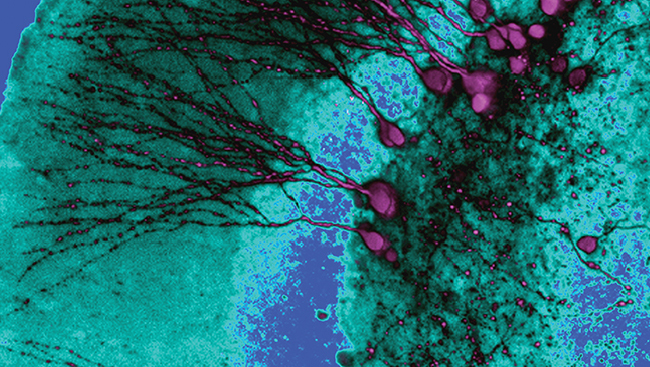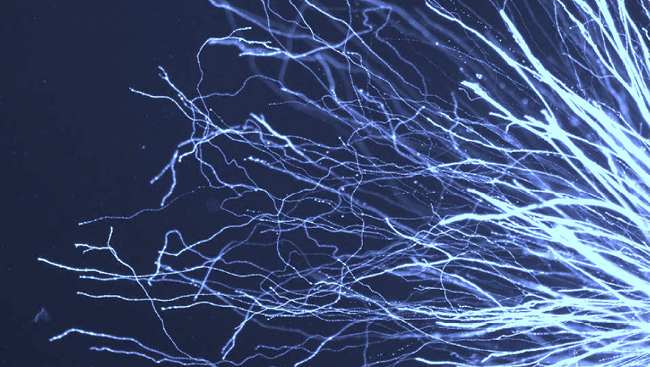Minimizing Bias in Experimental Design and Execution
- Featured in:
- Foundations of Rigorous Neuroscience Research
Feb 02, 2016

February 23, 2016
12:00 PM - 1:00 PM EST
Investigations into the lack of reproducibility in preclinical research often identify unintended biases in experimental planning and execution. This webinar – the second in SfN's series Promoting Awareness and Knowledge to Enhance Scientific Rigor in Neuroscience – will cover random sampling, blinding, and balancing experiments to avoid sources of bias.
Webinar attendees will leave the session understanding:
- Different sources of bias and how they can influence experimental design, data collection, and reporting
- Best practices for minimizing bias in experimental procedures, including: blinding; systematic random sampling; inclusion of positive and negative controls; and methods of quality control for reliability and reproducibility
- How biases can affect rigorous implementation of the scientific method and considerations for unbiased hypothesis testing
This training module is supported by Grant Number 1R25DA041326-01 from the National Institute on Drug Abuse (NIDA). The original contents of this module are solely the responsibility of SfN and do not necessarily reflect the official views of NIDA.
Speakers

John H. Morrison, PhD
John H. Morrison, PhD, is the president of SfN and professor of neurology and neuroscience at UC Davis. He is also the former director of the California National Primate Research Center. Morrison earned his bachelor’s degree and PhD from Johns Hopkins University and completed postdoctoral studies in the laboratory of Floyd E. Bloom at the Salk Institute for Biological Studies. Morrison’s research program focuses primarily on the neurobiology of aging and neurodegenerative disorders such as Alzheimer’s Disease, particularly as they relate to cellular and synaptic organization of cerebral cortex. Within this broad arena, his lab works specifically on the interactions between endocrine factors (e.g., estrogen, stress steroids) and aging, and the synaptic determinants of cognitive aging. He has published over 300 articles on cortical organization, Alzheimer’s disease, the neurobiology of cognitive aging, and the effects of stress on cortical circuitry. Deeply committed to the public communication of neuroscience, he was a member of the BrainFacts Advisory Board, which helped guide the development of BrainFacts.org from its inception, prior to becoming editor-in-chief. Morrison is a member of the National Academy of Medicine.

Christophe Bernard, PhD
Christophe Bernard, PhD, is the PhysioNet team leader in at the Institute of Neuroscience Systems at the French Institute of Health and Medical Research (INSERM). His research focuses on understanding how physiological and pathological behaviors emerge from the organization and reorganization of the underlying neuronal architecture, with an emphasis on epilepsy. He currently serves as editor-in-chief of eNeuro.

Patrick Hof, MD
Dr. Patrick Hof is the Irving and Dorothy Regenstreif Research Professor of Neuroscience and the vice chair of the Fishberg Department of Neuroscience at the Icahn School of Medicine at Mount Sinai in New York. He studies the selective neuronal vulnerability in dementing illness and aging and uses quantitative, high-resolution, morphologic methods to determine the cellular features that render the human brain uniquely vulnerable to degenerative disorders. Hof’s laboratory has established an international reputation in quantitative approaches to neuroanatomy and studies of brain evolution, and he currently serves as the editor-in-chief of the Journal of Comparative Neurology.
4 of 5 articles left
Login
or
Become a Member
to unlock content







